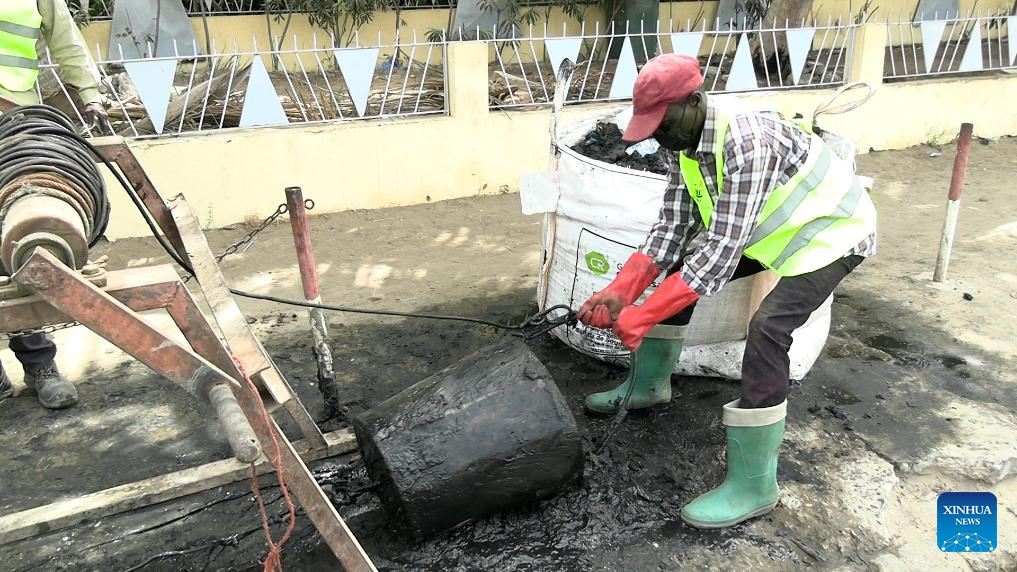
Senegal has announced the resumption of a long-delayed sanitation project affecting ten towns across the country, aimed at reducing flood risks and enhancing public safety.
The initiative, overseen by Minister of Hydraulics and Sanitation Cheikh Tidiane Dièye, had been suspended for several years and is now being revived in response to urgent needs on the ground.
Initially launched in 2018 by the Senegalese National Sanitation Office (ONAS), the project covers Dakar, Pikine, Rufisque, Tivaouane, Kaolack, Touba, Louga, Matam, Saint-Louis, and Tambacounda, with an estimated budget of 15.5 billion CFA francs.
According to Minister Dièye, the renewed plan will not only repair and expand existing infrastructure but also implement new measures to reduce repeated flood exposure in vulnerable neighborhoods.
A key feature of the revamped project is the relocation of communities situated in flood-prone basins, guided by a national map identifying habitable zones.
“This measure was necessary to prevent the same populations from being exposed to the same risks every year,” the minister said.
The relaunch comes amid a particularly severe rainy season.
Four fatalities have been reported in Koumpentoum, while livestock losses and crop destruction have been recorded in Podor and other departments.
Many residents have seen their homes collapse or have been forced to abandon them. Meteorological authorities continue to forecast heavy rains, raising concerns that the Senegal and Gambia rivers may overflow.
Government officials stressed that the sanitation project is a structural response to a recurring crisis.
By improving drainage, relocating high-risk communities, and enhancing urban planning, authorities aim to reduce the impact of floods on vulnerable populations and strengthen the resilience of towns across the country.
“The resumption of this project reflects the government’s commitment to accelerate sustainable solutions, protect citizens, and build more resilient urban areas,” Minister Dièye said, highlighting the urgency of action as climate-related risks intensify in Senegal.



